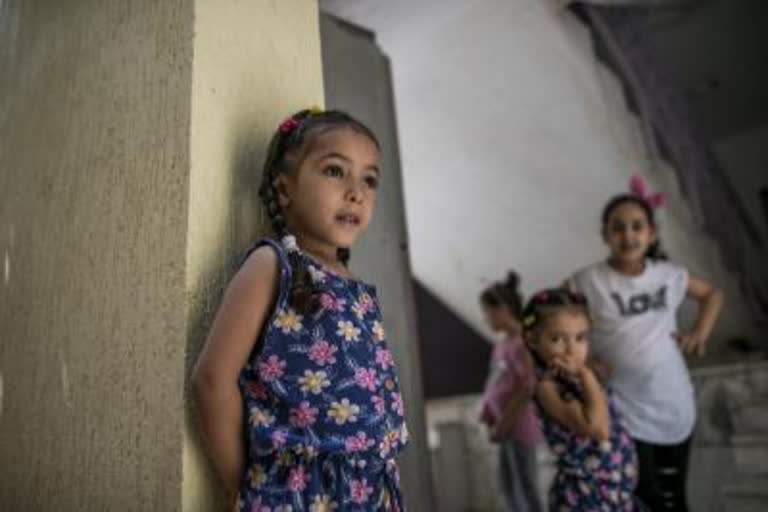Tripoli (Libya): The European Union (EU) has allocated more than $1.6 billion for the protection and education of children in Libya, as well as Covid-19 vaccination-related medical waste management, Unicef said in a statement. "EU Civil Protection & Humanitarian Aid - ECHO has allocated $1,672,874.91 towards strengthening humanitarian response in the education and child protection sectors, and Covid-19 vaccination-related medical waste management," Xinhua news agency reported on Monday citing the statement as saying.
According to Unicef, the program will be carried out through reinforcing and strengthening sector coordination and investing in sectoral capacity through dedicated resources. A total of 1,343,192 people, of whom 122,000 are children aged between 5-9, will benefit from the project, the statement said.
Uniced confirmed that it has scaled up its emergency preparedness and response in Libya since 2012, focusing on support to basic service provision, in health, nutrition, education and water, sanitation, and hygiene. "Additional focus has been on building a protective environment for children and contributing to and building national capacity in evidence generation and evidence-based policy-making," the statement explained.
Read: UNSC meeting on Afghan galvanised members to call for end to violence: India's envoy Tirumurti
In collaboration with national and international NGO partners, Unicef provided direct humanitarian assistance to the most vulnerable in line with the Humanitarian Response Plan.
The action will also support sector capacity building through joint assessments, advocacy, resource mobilization, and training. The action is expected to advance the prevention of sexual exploitation and abuse (PSEA) through mainstreaming PSEA in both sectors, including through training of fellow UNagencies, International non-governmental organisations and local civil society groups.
It will also support the Covid-19 vaccination campaign in Libya, focusing specifically on medical waste management in remote areas to minimize the risk of health care-associated infections linked to inoculation and medical and biohazardous waste.
(IANS)



